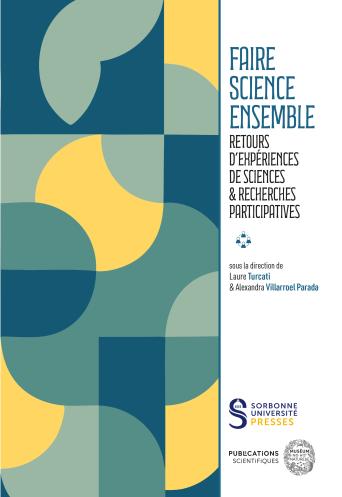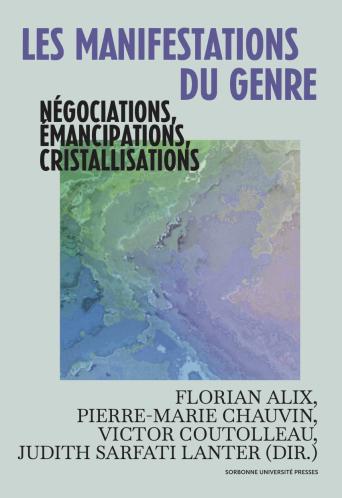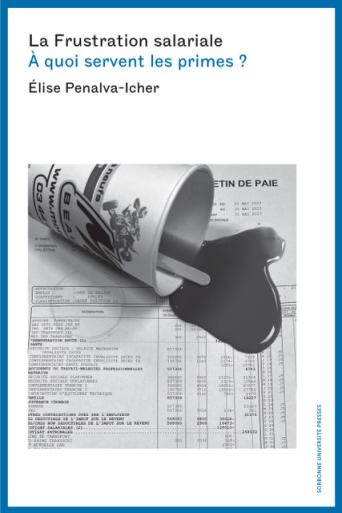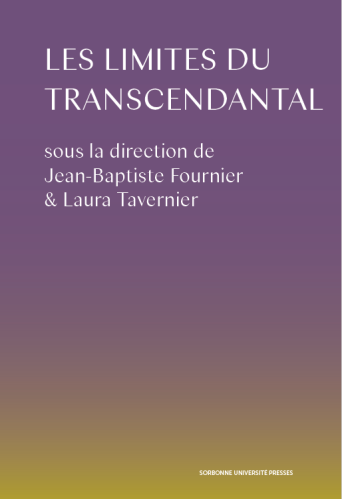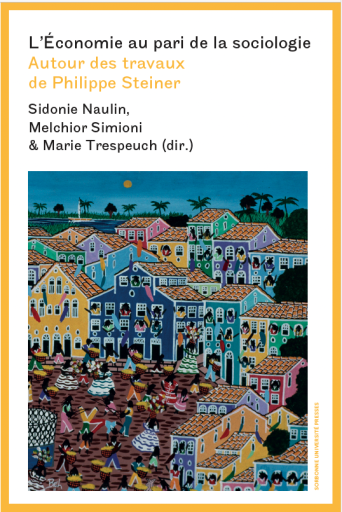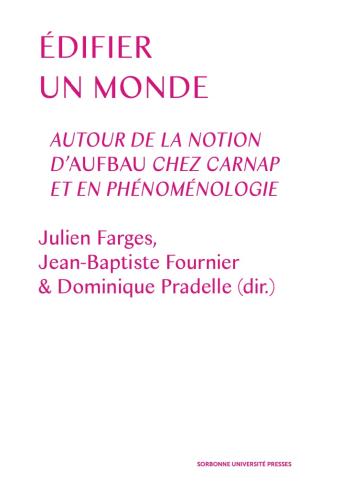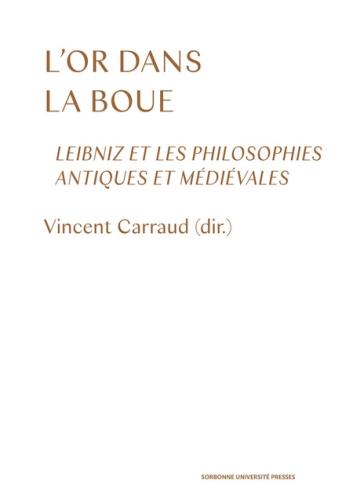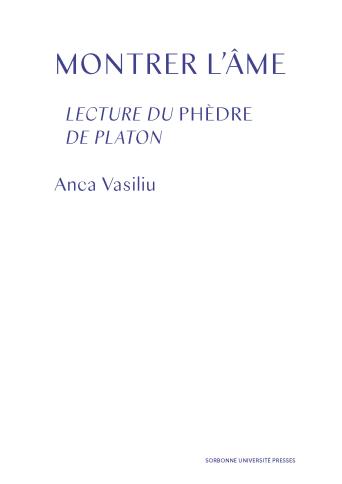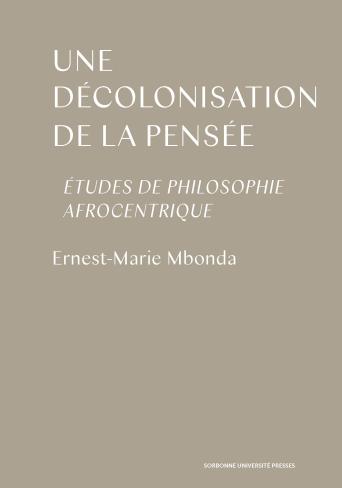Boudon Reexamined
Boudon Reexamined presents a selection of short essays by leading scholars from several generations who critically engage and enter into dialogue with the work of Raymond Boudon. Each chapter focuses on a specific topic from his extensive writings. Readers will follow this intellectual trajectory through analyses of early correspondence with Lazarsfeld and Merton, his typology of sociological styles, and his contributions to contemporary analytical sociology, including the notion of middle-range theory. In addition to already well-discussed aspects of Boudon’s work, namely his understanding of methodological individualism and the theory of ordinary rationality, the book also explores less frequently discussed topics, including his early interest in formal modeling in sociology and his understanding of the link between interdependence structures and social change. Included in the following pages are new assessments of Boudon’s well-known analyses of the inequality of educational opportunity and intergenerational social mobility, as well as his lesser-known substantive contributions to the study of relative deprivation and his early dialogue with game theory. The book also outlines Boudon’s study of classical authors, especially Tocqueville, before two final chapters conclude by examining how Boudon’s works can be used to teach sociology at the undergraduate and master’s levels. Our hope is that Boudon Reexamined provides readers with a fresh assessment of his legacy –how his work can be applied to conduct theoretical and empirical research in contemporary sociology, as well as to promote high-quality scientific standards for new generations.
Foreword, by Gianluca Manzo
PART I. SCIENTIFIC PATH AND STYLE
Chapter i. A Short Journey through Boudon’s Work, by Pierre-Michel Menger
Chapter ii. The Transatlantic Circulation of a Sociological Scientific Ethos: The Correspondence of Raymond Boudon, by Michel Dubois and Sylvie Mesure
Chapter iii. Types of Sociology, by Filippo Barbera
PART II. THINKING BY SOCIAL MECHANISMS
Chapter iv. Generative Models, Action Theories, and Analytical Sociology, by Peter Hedström
Chapter v. Middle Range Theorizing, by Hartmut Esser
Chapter vi. Formal Models in Raymond Boudon’s Work, by Lucas Sage
PART III. SOCIOLOGY OF SOCIAL STRATIFICATION
Chapter vii. Inequality of Educational Oppportunity: L’Inégalité des chances Fifty Years Later, by Richard Breen
Chapter viii. Inequality of Social Opportunity: L’Inégalité des chances Fifty Years Later, by Gunn Elisabeth Birkelund
Chapter ix. On the Relationship between Inequality of Educational Opportunity and Inequality of Social Opportunity, by Louis-André Vallet
PART IV. RELATIVE DEPRIVATION, GAME THEORY AND SOCIAL INTERDEPENDENCY
Chapter x. Coleman’s Problem and Boudon’s Solution: Rational Choice Theory as a Tool for Sociology, by Werner Raub
Chapter xi. The Logic of Relative Frustration. Experimental Tests of Raymond Boudon’s Mobility Model, Joël Berger, by Andreas Diekmann and Stefan Wehrli
Chapter xii. Boudon and the Extraterrestrials. A Generative Model of the Emergence of a Religion, by Jörg Stolz
PART V. METHODOLOGICAL INDIVIDUALISM AND RATIONALITY
Chapter xiii. Methodological Individualism: Key Insights from Boudon and a Critical Discussion, by Nathalie Bulle
Chapter xiv. Dissecting the “Good Reasons” and their Link to Rationality, by Pierre Demeulenaere
Chapter xv. Boudon on Tocqueville, by Stephen Turner
PART VI. TRAINING THE NEW GENERATION
Chapter xvi: Complexity from Chaos: Theorizing Social Change, by Emily Erikson
Chapter xvii. Teaching Sociology and the History of Sociology, by Fernando Sanantonio and Francisco J. Miguel
Chapter xviii. Boudon’s Legacy from a Teaching Perspective, by Gianluca Manzo
This remarkably well-structured volume accomplishes two feats at once. It offers a critical engagement with the multiple facets and contributions of Raymond Boudon’s sociological oeuvre, for example: the modeling of relative deprivation, the generative approach to social stratification, the plea for methodological individualism, the analysis of unintended consequences and social change, the epistemology of sociological investigations, and the reflection on rationality and belief formation. Through this critical engagement – here is the second feat – this volume tackles substantive and methodological issues central to contemporary developments in the discipline of sociology, whether the focus is on formal models, simulation work, counterfactual reasoning, social mobility and its measurements, the significance of Rational Choice, or our understanding of processual dynamics.
Ivan Ermakoff, Professor of Sociology, University of Wisconsin-Madison
Without indulging in praise, this collective volume – bringing together 18 substantial chapters – aims to shed light on the enduring legacy of Raymond Boudon’s sociology. It addresses a notable gap: the lack of a detailed, multifaceted examination of the work of one of the foremost figures in both French and international sociology. The reader will find not only an assessment of Boudon’s intellectual contributions but also a critical appraisal of their limitations and the avenues they open for further research into contemporary issues. The book will appeal both to specialists familiar with the evolution of Boudon’s thought over time and to those wishing to discover it, explore it in greater depth, or draw upon it for teaching purposes.
Gérald Gaglio, Professor of Sociology, Université Côte d’Azur
This Memorial Festschrift honors Raymond Boudon (1934–2013) by considering his contributions to conceptualization, theory, and empirics, as well as their associated methods, across foundational topical domains in sociology and guided by expert commentators. It is not only a superb assessment, and its value will grow in three main ways. First, like most Festschrifts, it provides a portrait of the growth and trajectory of Boudon’s ideas, embedded in his relations with other scholars, both teachers, peers, and students. This portrait will grow over time. Second, as the historian David Knowles wrote about the quaestiones quodlibetales of the medieval university (especially the University of Paris) and the debates held during Advent and Lent when anyone could ask any question of any master, Festschrift discussions are a valuable index to what is “in the air” – in this case both when Boudon was working and now. Third, Boudon believed in the promise of mathematics, and it will be possible to trace over time the progress of the X→Y relations in the book, as they travel from general functions to specific functions.
Guillermina Jasso, Professor of Sociology, Silver Professor of Arts and Science, New York University
This book is a splendid tribute to Raymond Boudon, one of the most important sociologists of the second half of the twentieth century. The contributions, in their appreciative and critical aspects alike, clearly bring out the intellectual depth and challenging nature of Boudon’s work and its continuing relevance in the study of modern societies.
John H. Goldthorpe, Emeritus Fellow, Nuffield College, University of Oxford
This collection of papers, expertly curated by Gianluca Manzo, is as wide-ranging and thought-provoking as Raymond Boudon himself. It is sure to stimulate interest in a now-sometimes-forgotten giant of French sociology.
Neil Gross, Charles A. Dana Professor of Sociology, Colby College (Maine)
This book is not a hagiography. Unusually, its title truly reflects its content. Twenty-two sociologists from different countries and different generations take a fresh look at the work of Raymond Boudon. In keeping with his approach but without complacency, they highlight the theoretical and methodological contributions of his sociology, its limitations, its errors, its relevance for teaching sociology to the new generations, and the perspectives that remain open in several thematic areas.
Dominique Vidal, Professor of Sociology, Université Paris Cité





